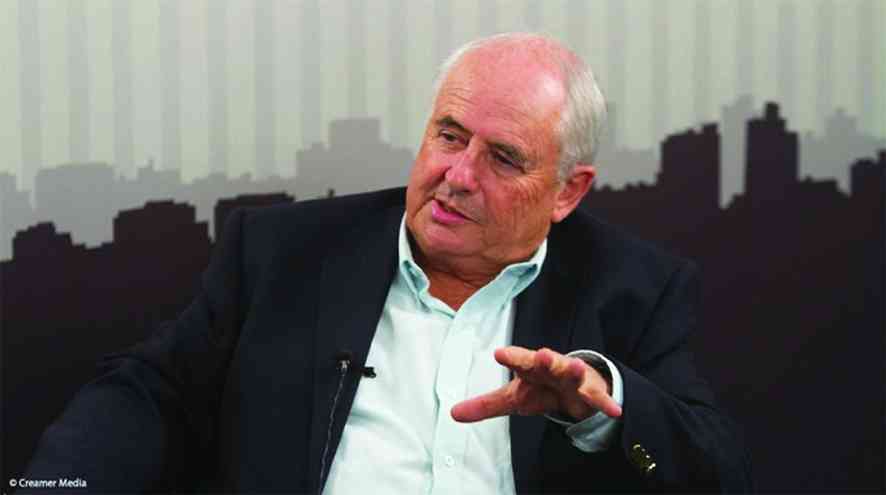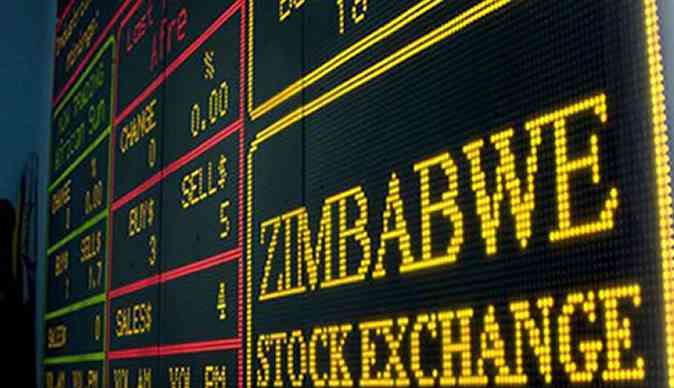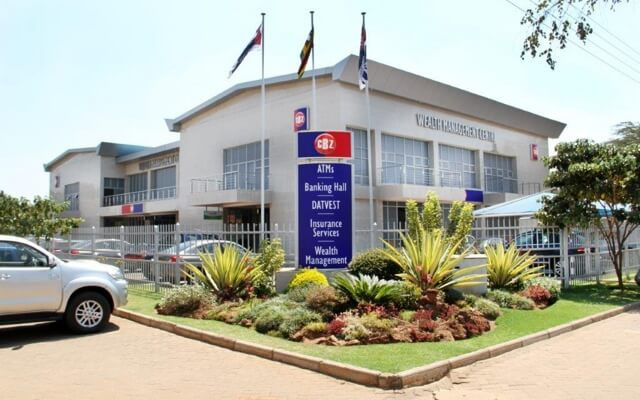
Staff Reporter
Zimbabwe should extensively invest in information and communication technologies (ICT) infrastructure to unleash the country’s potential for industrialisation and sustainable economic growth, a leading investment advisory firm has said.
The government recently said it will take measures to digitise the economy and make digitalisation a key driver for national economic development strategies. However, the lack of foreign currency is hampering telecommunications and ICT companies from carrying out critical infrastructure investments and upgrades, crucial for the digital economy to take shape.
Akribos Research Services, in its Economic and Investments Market 2022 Outlook, said as the age of the ‘digital native’ dawns upon the world, Zimbabwe will need to continue investing in ICTs in order to remain competitive.
“Economic development will require critical technological infrastructure which the ICT sector should provide,” the company said, adding that “Infrastructure spending remains a critical ingredient to the sector’s growth as the country is still largely dependent on 2G and 3G technology.
“Whilst 56% of the world is now using 4G/LTE and is expected to have 21% on 5G by 2025, Zimbabwe is a case of still working on the basics,” the research company said.
According to the Postal and Telecommunication Regulatory Authority of Zimbabwe (Potraz), the country is largely a 2G economy (93.45%), with 3G covering 83.95% and 4G/LTE only covering 34.98% of the population.
More than 90% of the 4G/LTE technology available in Zimbabwe is available to urban areas, in a country whose urbanisation rate is about 35%.
- Chamisa under fire over US$120K donation
- Mavhunga puts DeMbare into Chibuku quarterfinals
- Pension funds bet on Cabora Bassa oilfields
- Councils defy govt fire tender directive
Keep Reading
Statistics from the Global System for Mobile Communications (GSMA) also show that low-and middle-income countries like Zimbabwe, account for 90% of the world’s unconnected people and 98% of the world’s uncovered people.
Dr Gift Machengete, the Potraz Director General, recently stressed the importance of continuous investment in the telecoms sector, which is the foundation of a robust and inclusive digital economy.
“The (COVID) pandemic has exposed access gaps in the country, demonstrating an urgent need to bridge the digital divide. This can be achieved through government intervention and innovative public-private partnerships aimed at improving the digital landscape by assuring access, equity and affordability of telecommunication services to all. Particular attention needs to be paid to rural areas as broadband coverage of technologies such as LTE is still sparse,” he said.
Dr Machengete also called for concerted efforts in the consolidation of strategies that deliberately focus on ICT development. He also called for the execution of smart policies and effective processes that embolden investments in ICTs and digital skills, along with the development of relevant and attractive applications to enhance the economy’s absorptive capacity of ICTs for the attainment of a digitally enabled economy.
The Potraz boss noted that the introduction of 5G technology would greatly enhance Zimbabwe’s economic development and urged the government to avail foreign currency to telecoms companies for infrastructure upgrades.
“Because 5G will be an overlay network, requiring a new cycle of network rollout with demand for funding in forex, the sector will need to be prioritised in the allocation of foreign currency. On this note I invite the Reserve Bank of Zimbabwe to pay special attention to the communications sector and actively support 5G rollout through timeous allocation of foreign currency resources to the sector,” Dr Machengete said at the recent launch event of 5G by Econet Wireless Zimbabwe.
Since the central bank launched the foreign currency auction system nearly two years ago, where it has disbursed over US$2.3 billion to various companies and in different sectors of the economy, the telecommunications industry has received less than US$100 million, less than 4% of the total value disbursed to date.
This is despite the fact that the telecoms sector is essential and critical in keeping the economy connected and productive, especially in the wake of the coronavirus pandemic. The sector provides businesses connectivity and helps them to become resilience. It enables work-from-home arrangements, e-commerce, e-banking as well as keeping individuals, communities and the nation at large connected and informed.











